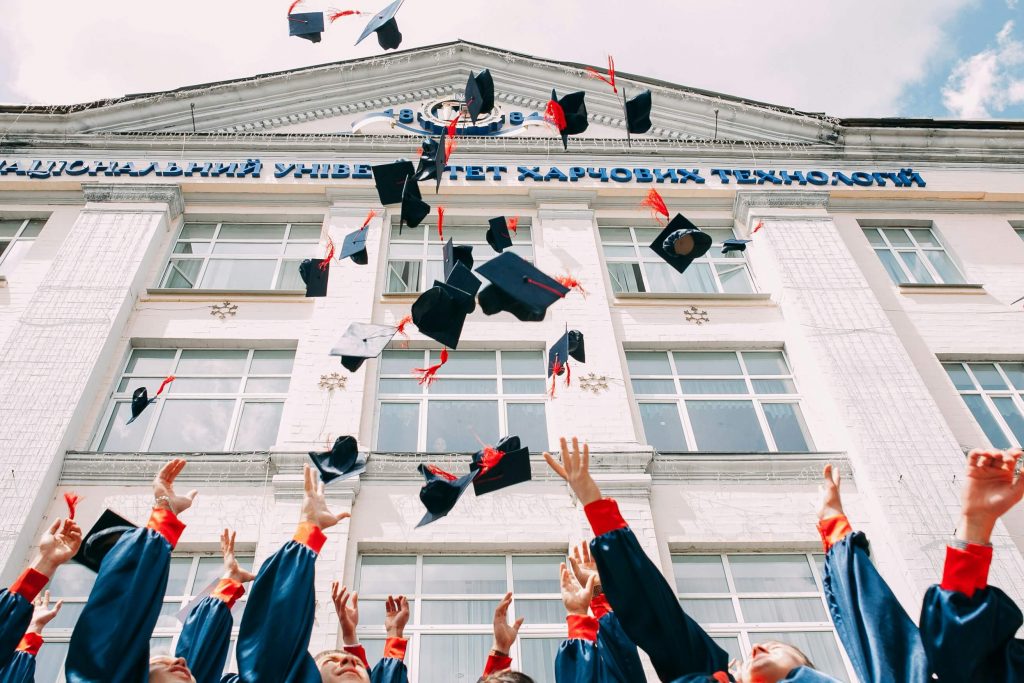
In today’s digital age, social media has become an integral part of our daily lives, especially for the younger generation. While platforms like Instagram, TikTok, and Snapchat offer a plethora of entertainment and social connection, there’s an ongoing debate about their impact on children’s academic performance. It’s crucial to understand both the positive and negative aspects of social media to make an informed opinion. This blog goes over the negative impact of social media on academic performance, the downsides of social media, and how we can stop their brain rot.
The Impact of Social Media on Academic Performance
Negative Aspects
The most concerning impact of social media on students is the distraction it creates. The constant notifications, messages, and updates can significantly reduce the time and attention students allocate to their studies. According to a 2018 study by the London School of Economics, students who spent an increased amount of time on social media showed a significant decline in academic achievement. The study highlighted that the more time students spent online, the less time they had for homework, reading, and other academic activities.
In addition, social media can contribute to sleep deprivation. Many students admit to staying up late to browse social media, leading to inadequate sleep. Sleep is vital for cognitive function, memory retention, and overall academic performance. The American Academy of Pediatrics, in their 2020 research, emphasized the correlation between heavy social media use and poor academic performance, suggesting a need for moderation and parental awareness.
Positive Aspects
On the flip side, social media can also have educational benefits if used correctly. Platforms like YouTube and LinkedIn offer a wealth of educational content and resources. Students can join study groups, participate in educational webinars, and access tutorials on various subjects. However, the positive impact largely depends on how social media is used and managed.
Research Findings Supporting the Argument
Several studies have explored the relationship between social media use and academic performance, providing a comprehensive understanding of its effects. The 2018 study by the London School of Economics is a significant piece of research that underscores the negative impact of excessive social media use on academic achievement. Similarly, the 2020 research by the American Academy of Pediatrics highlighted the need for a balanced approach to social media use, emphasizing the detrimental effects of heavy usage.
Personal Observations and Anecdotes
As a parent and educator, I’ve witnessed firsthand how excessive social media use can hinder a child’s academic progress. One of my students, who was an avid user of social media, showed a noticeable decline in grades and participation in class. After a conversation with her parents, they decided to implement a two-week social media detox. The results were remarkable—she became more focused, engaged, and her academic performance improved significantly.
Strategies for Healthy Social Media Use
To mitigate the negative impact of social media on academic performance, it’s essential to implement strategies that promote healthy usage:
- Set Time Limits: Encourage students to limit their social media use to specific times of the day, preferably after completing homework and study sessions.
- Promote Educational Content: Guide students towards using social media platforms for educational purposes, such as joining study groups and accessing online tutorials.
- Encourage Offline Activities: Promote involvement in extracurricular activities, hobbies, and physical exercise to balance screen time.
- Parental Monitoring: Parents should actively monitor their children’s social media use and set appropriate boundaries.
The Role of Parents, Educators, and the Community
Parents, educators, and the broader community play a critical role in guiding children’s use of social media. Open communication about the potential risks and benefits of social media is essential. Schools can also incorporate digital literacy programs to educate students on responsible social media use. Community initiatives can provide support and resources for parents to manage their children’s online activities effectively.
Conclusion
In conclusion, while social media offers numerous benefits, its negative impact on children’s academic performance cannot be overlooked. A balanced approach to social media use, coupled with awareness and guidance from parents, educators, and the community, is crucial. By fostering healthy social media habits, we can help students achieve academic success while enjoying the positive aspects of the digital world.
Additionally, Troomi Phones provide children with all the essential features of a phone without becoming harmful or addictive. These devices are designed to offer the necessary tools for communication and safety while avoiding the distractions and potential dangers of traditional smartphones.
The conversation about social media’s impact on academic performance should continue, with ongoing research and dialogue to better understand and mitigate its effects. Let’s work together to ensure our children can thrive both academically and socially in today’s digital age.
Interested in learning more? Click here
